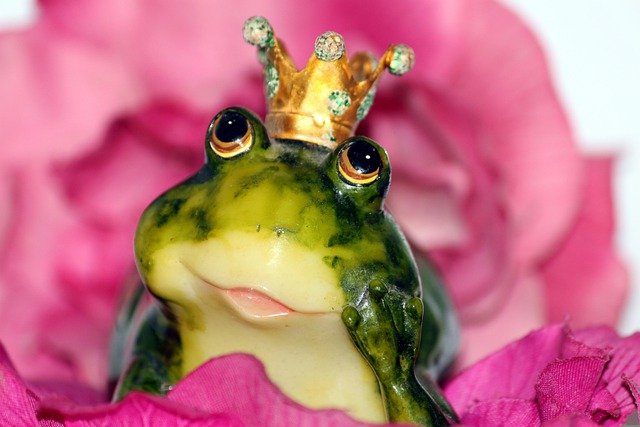One of the most common questions I get asked as a frog expert is, “Do frogs get lonely?” The quick answer is no; frogs do not generally get lonely. However, frogs are more likely to suffer from stress if they are kept alone for too long. Here’s a more detailed explanation.
Lonely or Social?
Frogs are social creatures by nature. They live in ponds or other bodies of water with large groups of other frogs.
They use vocalizations to communicate with each other and maintain contact with members of their group.
In the wild, frogs will only be alone during mating season when they travel to find a mate. Once they have found a mate, they will stay with them until the eggs have hatched and been deposited into the water. After that, the parents will return to their original group.
In captivity, it is essential to provide frogs with enough space to move around and explore.
A good rule of thumb is 10 gallons of space per frog. Providing them with hiding spots and places to climb is also essential.
If you are only keeping one frog, it is best to get a species that does not require another frog for socialization (such as the Pacman Frog).
Can frogs be alone?
Frogs are fascinating creatures that have both unique and complex social behaviors.
In the wild, they typically live in groups or colonies, but some species are more solitary.
For example, the tundra frog is mostly a lone dweller, only coming together to mate. While frogs can be alone, it’s generally not ideal for their health and well-being.
In captivity, frogs should be kept in pairs or small groups to provide them with social interaction and enrichment. When kept alone, frogs can become stressed and may even stop eating.
If you’re considering keeping a frog as a pet, ensure you’re prepared to provide it with the companionship it needs.
Do frogs like having friends?
Do frogs like having friends? Unfortunately, it’s a tricky question to answer since frogs don’t precisely communicate as humans do.
However, some research suggests that frogs may form social bonds with other frogs.
For example, one study found that female frogs were more likely to mate with males with whom they had previously interacted positively.
Additionally, another study found that juvenile frogs tended to group in social groups, which suggests that they may benefit from the companionship of others.
While we can’t say for sure whether or not frogs enjoy being around their friends, it seems likely that they at least derive some benefits from social interactions.
Do Frogs need a partner?
Frogs are fascinating creatures that have captured the imagination of people for centuries. While most frogs do live solitary lives, there are a few species that are social and live in groups.
Whether or not a frog needs a partner depends on the species. For example, the Red-Eyed Tree Frog is a social creature that lives in groups of up to 12 individuals.
These frogs rely on each other for safety and support and would not do well if forced to live alone.
In contrast, the Blue poison dart frog is a solitary creature that does not tolerate the company of others. This frog is often aggressive and attacks other frogs if they get too close. As you can see, whether or not a frog needs a partner depends on the species.
Conclusion
So, do frogs get lonely? No, not generally. However, providing them with enough space and enrichment is essential if they are kept in captivity.




